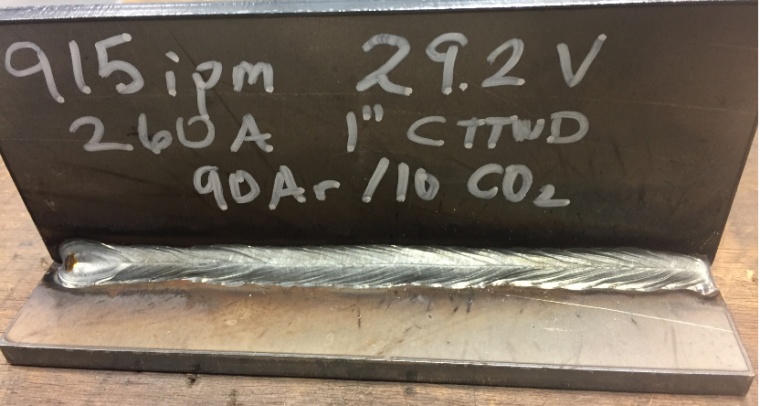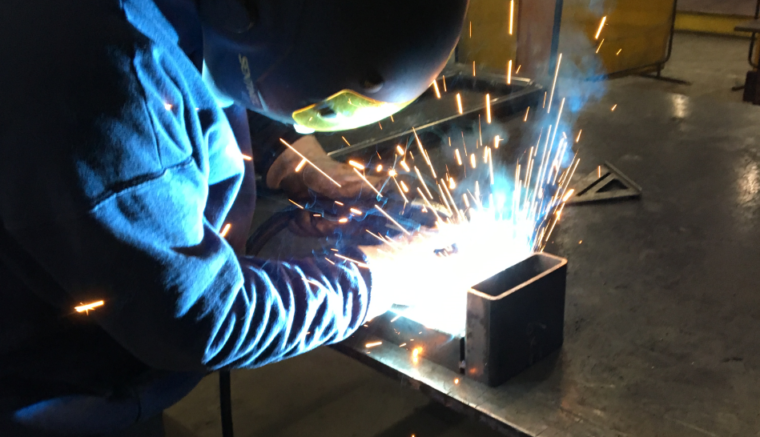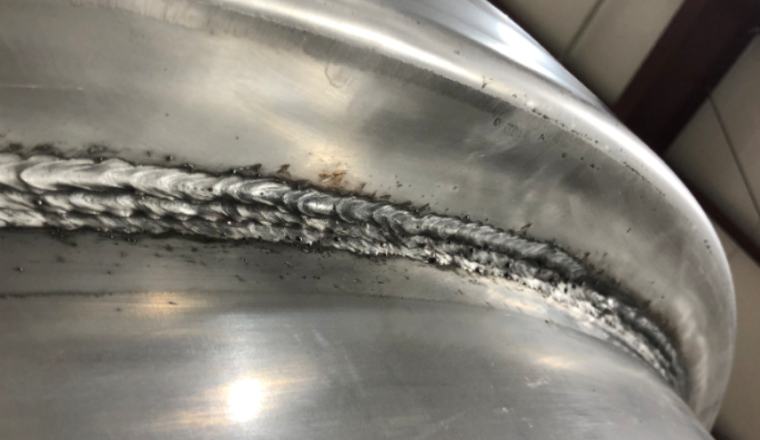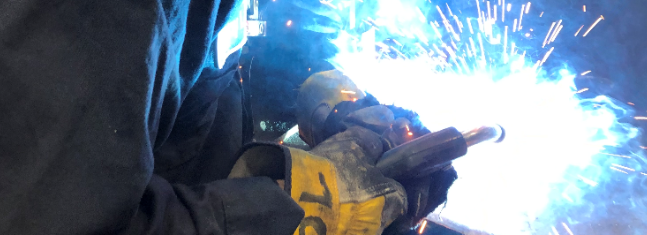8 Common Mistakes Made When Using Prequalified Welding Procedures

Before getting into today’s topic we wanted to make you aware of a new resource we are creating and which will be available soon. Prequalified Welding Procedures for Steel Fabricators will provide a list of prequalified procedures written in conformance with AWS D1.1 Structural Welding Code which can be used in the fabrication of carbon […]









